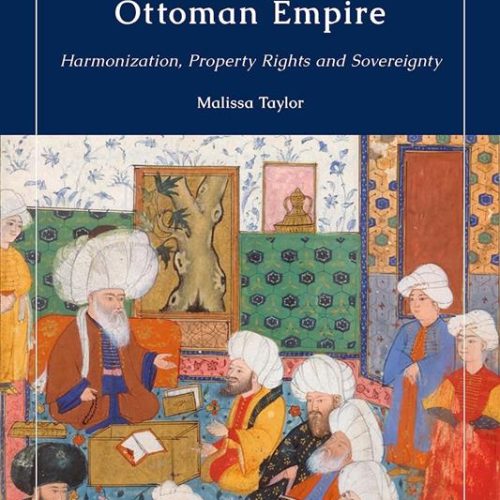
Reading Muslims was born in the aftermath of a seminar on Islamic law at the Institute of Islamic Studies (IIS) in the fall of 2019. We were brainstorming about a research project that could bring together the diverse skills and interests of the inter-departmental cohort of scholars of Islam and Muslims of the University of Toronto. During the seminar, we noticed a palpable excitement when the discussion turned to methodological questions surrounding texts and textuality in Islamic studies, and we thought to ourselves “Texts! That’s it!”
Muslim texts unite all Islamic studies scholars. Whether the social historian searching for archives, the classicist recuperating past religious thought, the anthropologist seeking a genealogy to Muslim practice, or the political scientist examining anti-Muslim racism, Muslim texts and their interpretations are indispensable to our scholarly labours.
The more we thought about the issue, the more we realized that textual methodologies were not only a point of commonality, but at the heart of current tensions within Islamic studies. To take one example: should Islamic legal texts be studied as artifacts of the past or as living documents that still matter today? What are the methodological consequences of answering the question one way rather than another? And what does the very question say about the pluritemporality of Islamic texts, legal or otherwise?
As our interest in methodological questions grew, so too did our attunement to power. The meaning and longevity of texts depends on who reads them and what networks of power support their interpretations over others. And so our mighty pun came forth: Reading Muslims plays on the double meaning that Muslims both are readers and are read. Muslims read texts to learn their faith and to champion their religious interpretations over others. But Muslims and their texts are also objects of interpretation. They are read both by academics and by the state, the latter which takes Muslim populations as objects of management and governance in an increasingly securitized environment.
The focus on textuality, interpretation, and power is a thread that weaves together the contributions of Reading Muslims . For the sake of clarity, the Reading Muslims project is divided into four research hubs: 1) Muslims as Readers, which focuses on the Muslim construction of texts and the implications of those constructions on community formation; 2) National Security and Anti-Muslim Racism, which is dedicated to highlighting the state’s use and abuse of Muslim texts in bureaucratic, security agency, and court contexts; 3) Reading Practices, which explores how and to what end Islamic texts are read, let alone characterized as ‘Islamic’; 4) Anthropology of Islam, which examines the nexus between texts and Muslim practice.
From methodological interventions to textured case studies, the exciting contributions to Reading Muslims are designed to enrich scholarly theories and approaches to the study of Islam today. The website is a portal to a wide array of conversations that we host within and across each research hub. Here you will find podcasts featuring leading and innovative scholars considering the questions of our four research hubs, articles that are designed to provoke our thinking with texts, video recordings of presentations and webinar sessions, and more extensive papers authored by our research associates and other designed to push conversations about the pluritemporality of texts and textuality in the study of Islam and Muslims. Whether you are a scholar of translation studies, literature, law, history, or anthropology, we anticipate you will find something of interest here. But aside from the academic community, the articles and podcasts are opportunities for members of our larger, human community, to learn from the thoughtful minds that we will feature on the pages of this platform.
Anver Emon
Anver Emon is the Director of Islamic Studies at the University of Toronto, where he serves as a Professor in the Faculty of Law and the Department of History. Dr. Emon is also the Canada Research Chair in Islamic Law and History, and one of the Principal Investigators in the Reading Muslims Project. Dr. Emon’s extensive research career focuses on premodern and modern Islamic legal history and theory; premodern modes of governance and adjudication; and the role of Shari’a both inside and outside the Muslim world.
Youcef Soufi
Youcef Soufi is a Postdoctoral Fellow at the University of Toronto’s Institute of Islamic Studies, where he is Co-Principal Investigator of the Reading Muslims Project. Trained in classical Islamic Law, Dr. Soufi is currently working on a book project that analyzes Islamophobia and State Surveillance in the post 9/11 period by focusing on the case of three University of Manitoba students (two Canadians and one American) who left their promising lives in Canada in 2007 to join al-Qaeda in the mountains of Northern Pakistan,




